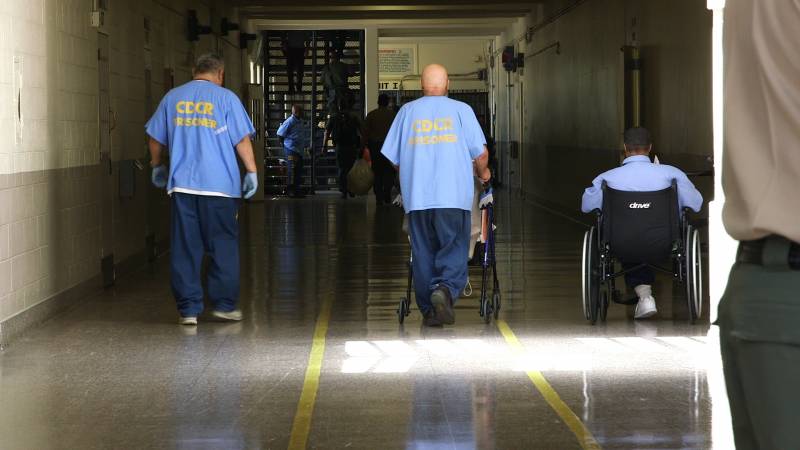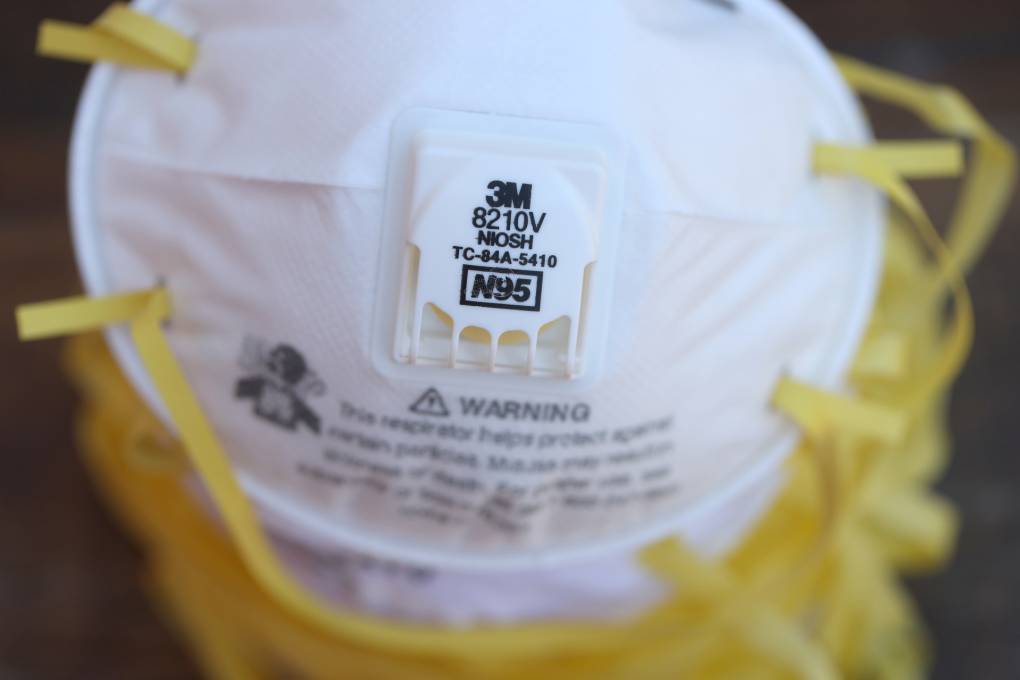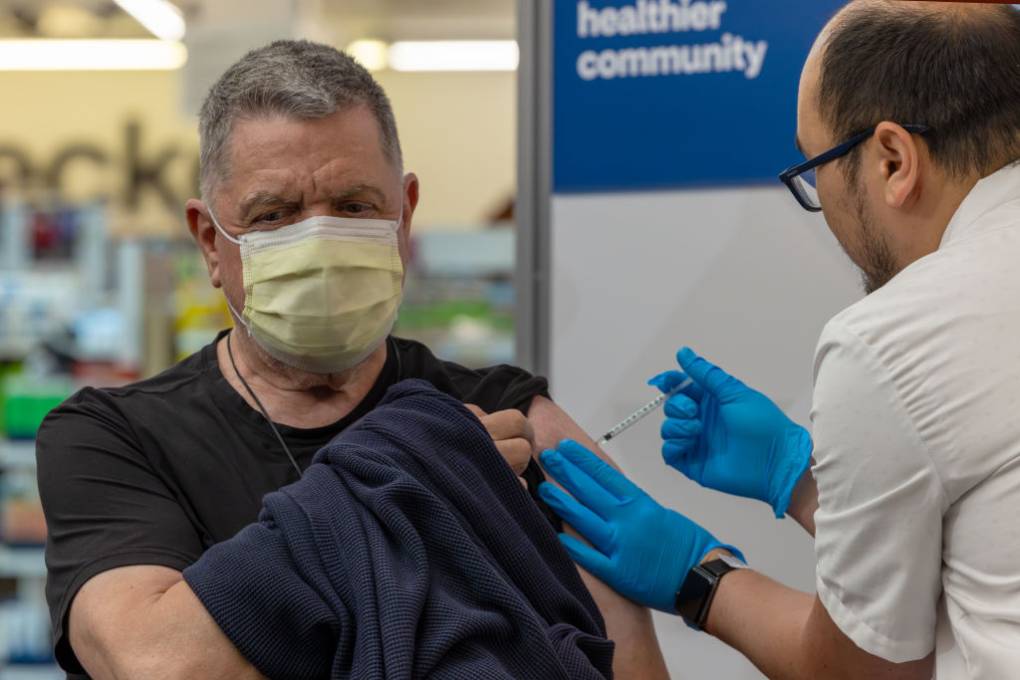As much of California life grinds to a halt because of the coronavirus pandemic, some groups are asking local and state officials to take sweeping actions — including letting people out of prison or jail early — to protect those who are incarcerated or otherwise connected to the state’s criminal justice system.
So far, state and local officials haven’t responded with any wide-scale releases. Most lockups, including state prisons, have suspended visiting hours and programs in order to guard against the spread of the virus.
But courts are still operating: San Francisco Superior Court, for example, is delaying civil trials and telling lawyers, jurors and defendants not to come to court if they are sick but so far has not suspended in-person operations.
Among those calling for a widespread early release of prison and jail inmates are civil liberties groups. Last week a group of two dozen, including the ACLU, sent a letter to California officials demanding that Gov. Gavin Newsom take extraordinary steps to protect the state’s roughly 123,000 prison inmates from the coronavirus — including the early release of some low-risk prisoners.
The groups singled out those who are most vulnerable — the medically fragile and people over 60 — as well as those already scheduled for release in the coming weeks and months.



